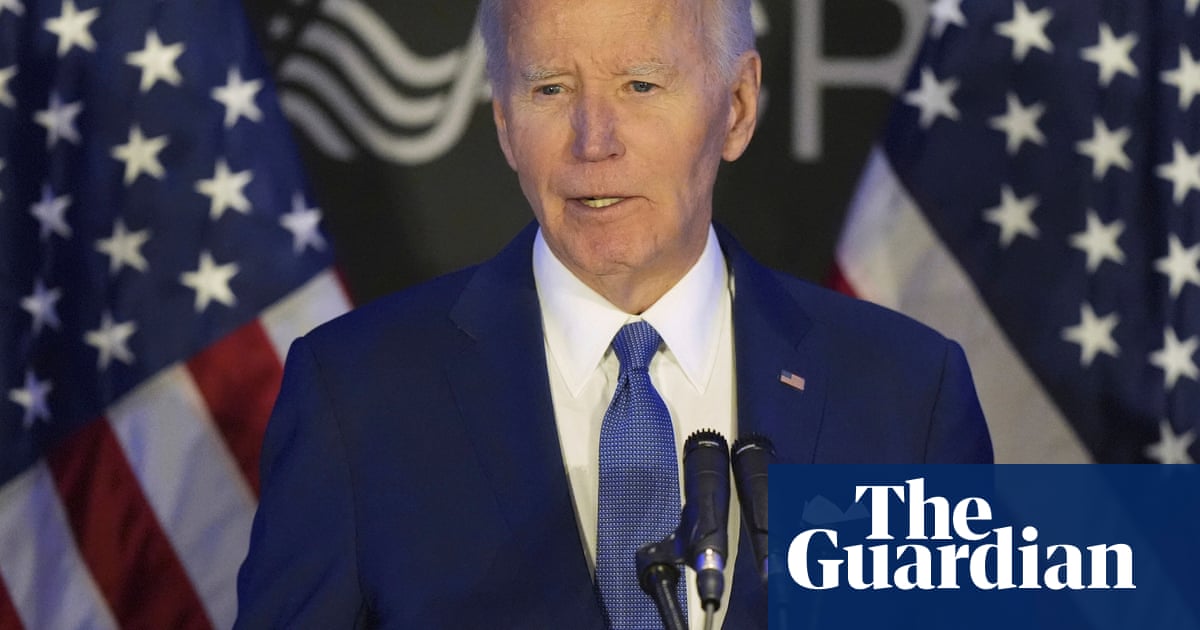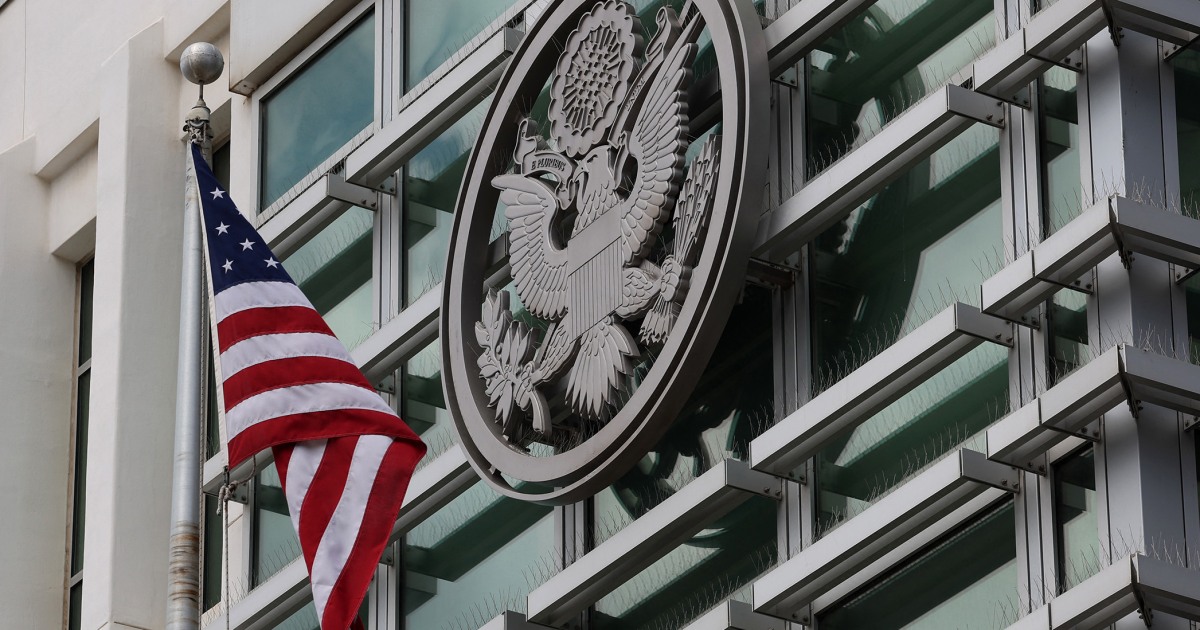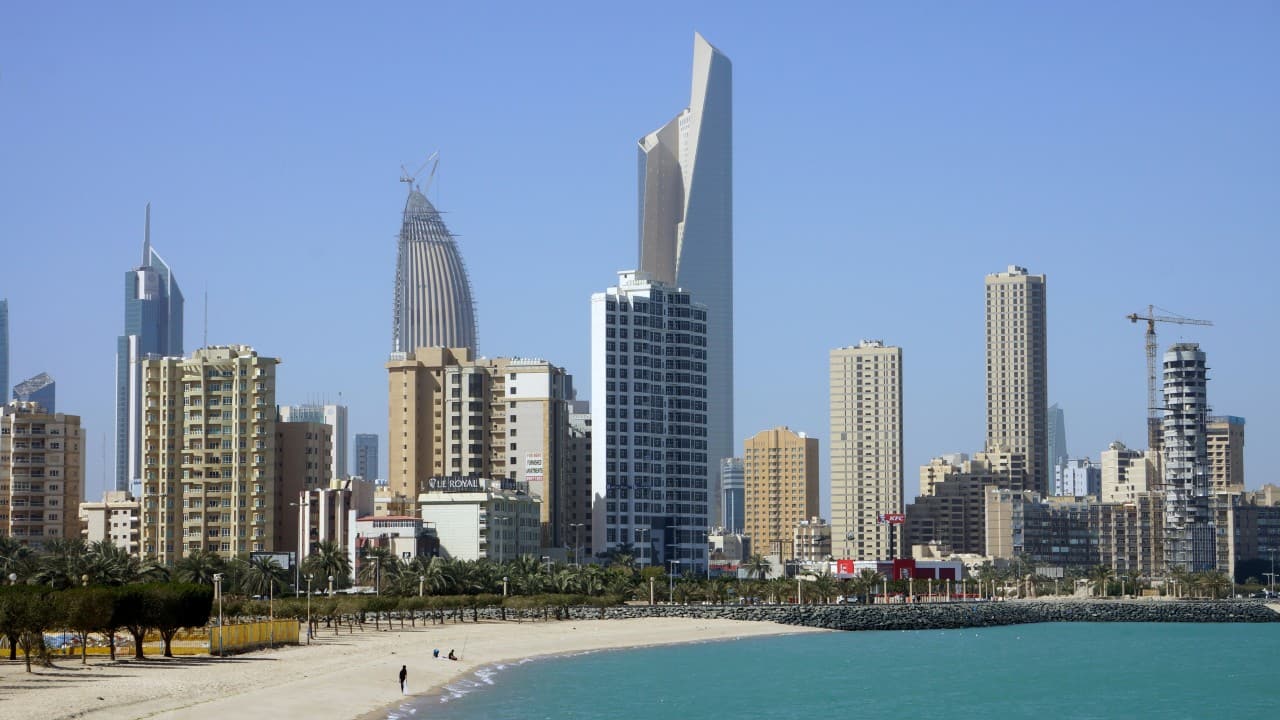Joe Biden Diagnosed with Prostate Cancer Amid Global Concerns Over Ongoing Conflicts

Good morning.
In a significant health announcement, former President Joe Biden has been diagnosed with prostate cancer that has metastasized to his bones. The information was shared by his office on Sunday, revealing that the 82-year-old and his family are currently exploring various treatment options to combat this serious condition.
In light of the diagnosis, notable figures including President Donald Trump and leaders from around the globe have extended their well-wishes to Biden, hoping for a swift recovery. This news comes as Biden continues to navigate a politically charged environment, particularly with the impending release of a new book titled Original Sin, authored by political reporters Jake Tapper and Alex Thompson, which is expected to delve into the intricacies of his presidency.
Delving deeper into Biden’s health history, it’s important to note that prior to his presidency, he had undergone surgeries for several non-melanoma skin cancers. Furthermore, in February 2023, he had a cancerous lesion removed from his chest. Biden’s recent diagnosis is characterized as a more aggressive form of cancer; however, it appears to be hormone-sensitive, suggesting that there may be effective management options available moving forward.
As for prostate cancer prognosis, the statistics provide a stark perspective. The five-year survival rate for men diagnosed under the age of 65 is approximately 98%. However, for those over the age of 80, that rate drops significantly to about 85%. Notably, if the cancer has metastasized, the survival rate diminishes dramatically, ranging between 30% to 40% after a five-year period, highlighting the potential severity of Biden's condition.
In the midst of Biden's health concerns, international tensions are escalating, particularly in the Middle East. The Israeli army has recently announced the initiation of extensive ground operations in Gaza, claiming a need to gain operational control over various regions of the embattled territory. This announcement comes following the conclusion of indirect ceasefire talks in Qatar, which ended without any tangible agreement.
The offensive has drawn widespread condemnation, including from UN human rights chief Volker Türk, who described the actions as “tantamount to ethnic cleansing.” Türk has emphasized that the ongoing bombing campaign aims to displace the Palestinian population, calling it a blatant violation of international law. “This latest barrage of bombs… and the denial of humanitarian assistance underline that there appears to be a push for a permanent demographic shift in Gaza that is in defiance of international law,” he stated.
As reported by the Palestinian news agency Wafa, at least 23 individuals have lost their lives due to Israeli airstrikes since early Monday morning. Tragically, the death toll continues to rise, with hundreds reported dead in recent days alone. Rescuers and medical personnel indicate that up to 130 people, many of whom are women and children, perished during a series of aerial assaults on Saturday night into Sunday across various neighborhoods in Gaza.
The humanitarian crisis in Gaza is exacerbated by Israel’s blockade on aid, leading to dire warnings from charities about a looming famine. This blockade has severely restricted the flow of essential humanitarian supplies, including food and medical resources, since March 2. The UN has urged immediate action, stating on social media platform X, “Everyone in Gaza is hungry. Without immediate action, nearly a quarter of the population could be pushed into famine. Food aid must be allowed into Gaza now to prevent a catastrophe.”
In response to increasing international scrutiny, Israeli Prime Minister Benjamin Netanyahu announced the resumption of limited food shipments into Gaza. This move, however, comes after intense pressure due to the severe conditions faced by those living in the territory, which has been under blockade for roughly 11 weeks.
Meanwhile, significant political events unfolded in Europe as millions of voters in Romania, Poland, and Portugal participated in what has been termed an electoral “super Sunday.” In Romania, centrist candidate Nicuşor Dan emerged victorious against his far-right opponent, reflecting shifting political sentiments. In Poland, pro-European centrist Rafał Trzaskowski and populist-right candidate Karol Nawrocki each garnered around 30% of the vote in a tightly contested first round of the presidential election. Over in Portugal, the incumbent center-right Democratic Alliance managed to win a general election but did not achieve a majority, with the far-right Chega party making significant gains, securing a record 22% of the vote.
The political landscape is not the only area facing challenges; severe weather events are also wreaking havoc. At least 28 lives were lost as storms and tornadoes swept through Missouri, Kentucky, and Virginia, with ongoing search and rescue operations striving to locate survivors.
In Mozambique, the Niassa reserve has faced brutality from Islamic State-linked extremists, resulting in at least 10 fatalities. In a contrasting narrative, actor Kevin Spacey is set to accept a lifetime achievement award at Cannes next week, marking one of the highest-profile “uncancellings” in the wake of the #MeToo movement.
A recent report from the Safeguarding Health in Conflict Coalition reveals a staggering statistic: over 3,600 attacks on health workers, hospitals, and clinics in conflict zones were recorded in 2024, marking a 15% increase from the previous year and underscoring a grim reality about the safety of medical personnel in war-torn areas.
As global events continue to unfold, it’s essential for citizens to stay informed and engaged with the pressing issues affecting our world today.


























